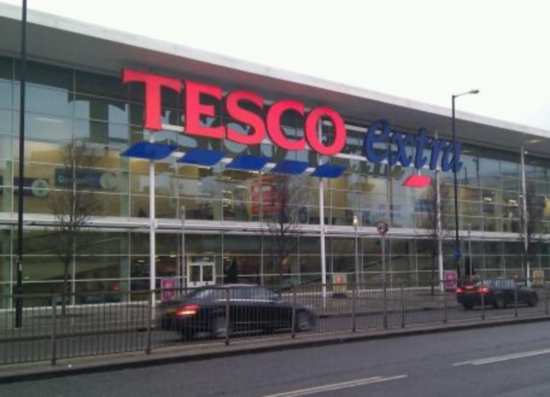Small retailers have long struggled against the dominance of large supermarket brands, with businesses such as butchers, bakers and newsagents often losing custom thanks to consumers being drawn to the convenience option offered by larger brands. However, in recent years communities have begun to support small businesses more and have therefore, in many cases, banded together to push larger retailers away from the high street.

This has been the case in Hadleigh, Suffolk, where supermarket giant Tesco has once again had its planning application for a store turned down by the local council. Tesco first faced refusal in 1987, then again in 2000 – in this case, a government enquiry rejected the supermarket chain’s appeal. A further application was rejected in 2011.
The most recent rejection follows a decision by campaigners to raise £80,000 in order to bring in an expert team to back up their claims that the arrival of Tesco would damage the local community. These experts examined issues such as traffic management and the effect a large competitor would have on independent retailers before presenting their findings to the local council.
Jan Byrne, a prominent member of the Hadleigh Society, explained the thought process behind the costly and unusual move.
She said; “It seems ridiculous to have to pour big money into it, and for a small town to raise that kind of sum, but we did it.
“It shows the strength of feeling about the prospect of Tesco moving in.
“We realised we could no longer just argue as amateurs – it was made clear to us that the local council was only going to take notice of professionals.”
While many protests against Tesco have taken place in Hadleigh before, the previous campaigns tended to revolve around placards and petitions rather than top London QCs, as was the case this time around. However, members of the Hadleigh Society believe the expense was worthwhile as it helped to protect the town’s atmosphere, which largely focuses on the large number of independent retailers which support the community.
One of the main concerns often voiced by anti-supermarket campaigners is that business will be stolen from the high street as consumers are drawn to locations on the outskirts of town. As supermarkets and out of town retail parks have grown in prominence, the high street has begun to struggle badly – lending credence to these claims.
Hadleigh is by no means the only town which has protested against the arrival of large supermarket chains, but as yet is the first to take such great steps towards protecting its independent retailers. The question is whether all small towns must go to similar lengths and incur high costs in order to show support for independent retailers on the high street.
Do you think more small communities would benefit from fighting the invasion of supermarket brands in order to support small local retailers, or do you think supermarkets bring more business and employment opportunities to rural areas than a network of independent businesses could?